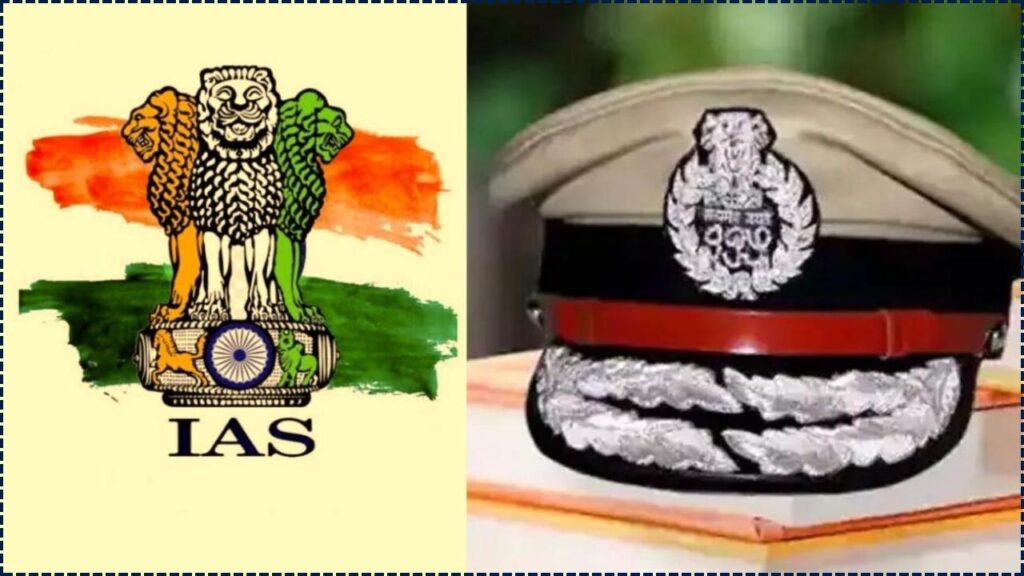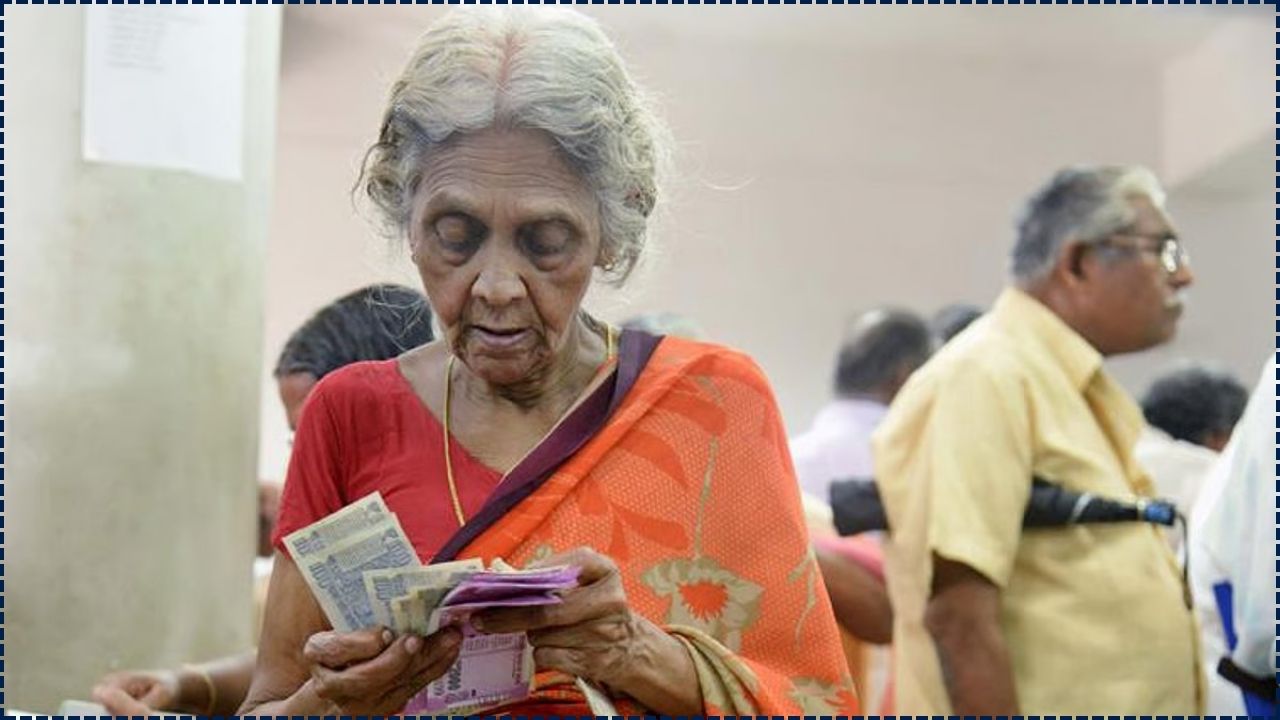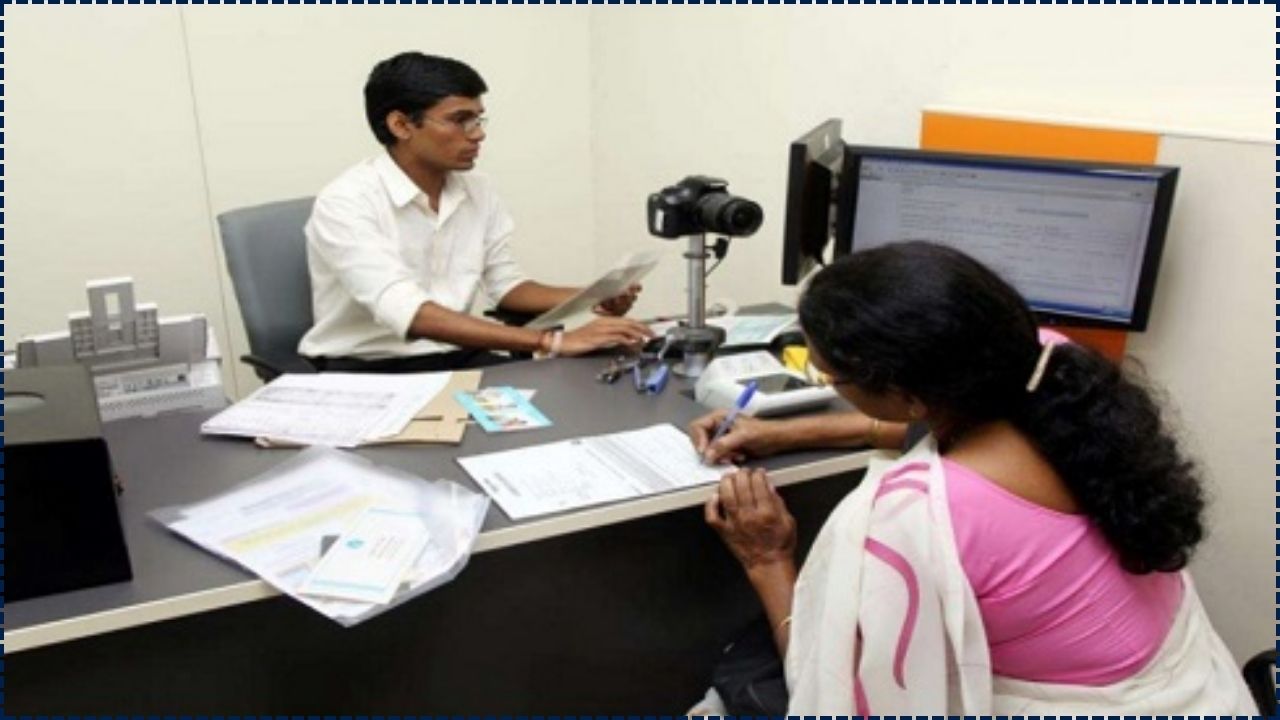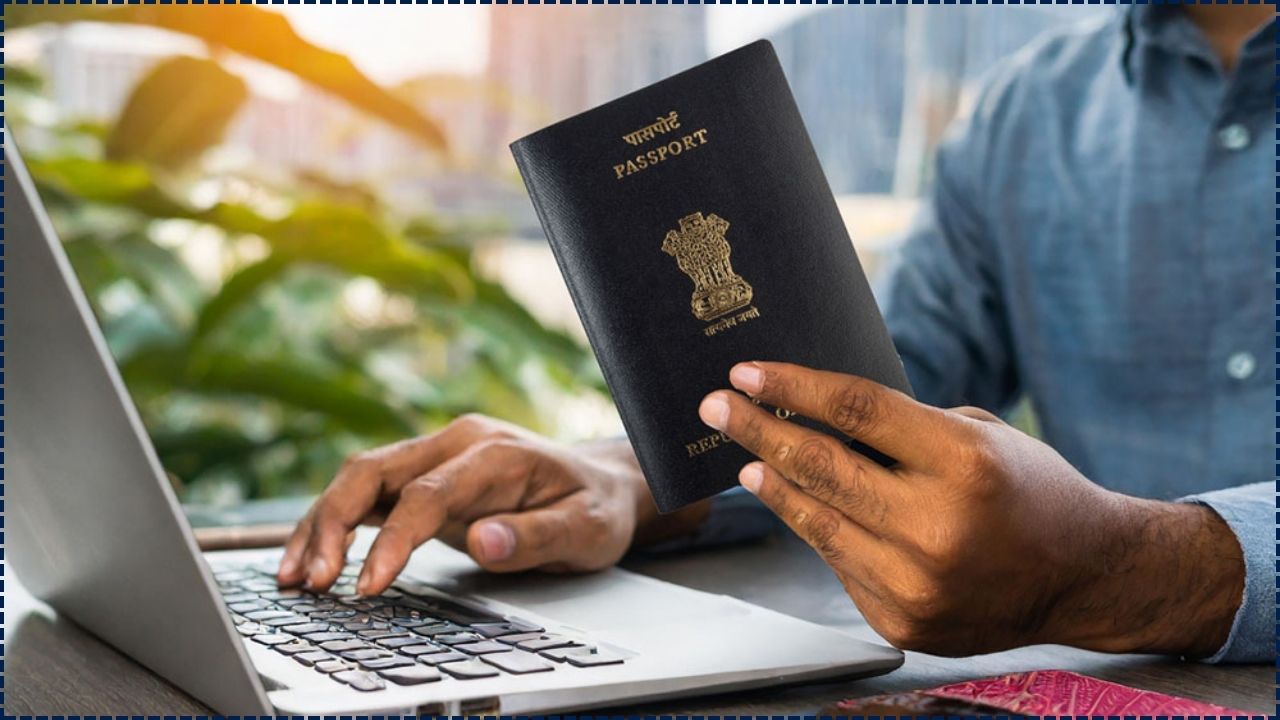The distinct yet complementary roles of IAS and IPS officers highlight the heart of India’s civil services, working tirelessly to uplift communities through effective governance and steadfast protection. IAS officers orchestrate policies and administration to foster development, equity, and public welfare, while IPS officers serve as guardians of order and justice, ensuring safety and trust across the nation.

Together, they embody a unified commitment to serving humanity, bridging communities, and empowering every citizen, particularly the most vulnerable, in a shared mission to build a just, inclusive, and compassionate India where dignity and opportunity thrive for all.
Decoding the civil services clarifies how IAS (Indian Administrative Service) and IPS (Indian Police Service) officers serve India’s governance structure. IAS officers steer administration and policy implementation, while IPS officers uphold law, order, and public safety—each essential to the state’s administrative and security systems.
The All India Services: Shared Foundations, Distinct Functions (H2)
Established under Article 312 of the Indian Constitution and the All India Services Act, 1951, the All India Services (IAS, IPS, and IFS) ensure unified central and state governance. Officers serve both Union and state governments, maintaining administrative cohesion and stability.
Administrative Governance: The IAS Mandate
Core Responsibilities
IAS officers oversee administration at multiple levels—district, state, and central. As district magistrates or collectors, they manage revenue, disaster response, and public services.
Policy Leadership and Global Representation
At higher echelons, IAS officers occupy roles such as secretaries, shape national policies, and represent India globally.
Maintaining Order: The IPS Mandate
Public Security and Policing
IPS officers lead policing at state and central levels. Their duties include crime investigation, maintaining law and order, and managing internal security.
Command in Specialized Agencies
They also head critical investigative and security institutions like the CBI, IB, R&AW, and CAPFs (e.g., BSF, NSG).
Related Links
The Future of Digital India: What to Expect from E-governance 2.0
Demystifying Aadhaar: What Every Citizen Needs to Know About Their Unique ID
The UMANG App: A One-stop Solution for Accessing Government Services
Career Progression and Training
Training Pathways
- IAS officers train at the Lal Bahadur Shastri National Academy of Administration in Mussoorie.
- IPS officers receive their professional training at the Sardar Vallabhbhai Patel National Police Academy, Hyderabad.
Advancement Hierarchies
IAS officers can rise from district-level administration to positions like Chief Secretary or Cabinet Secretary. IPS officers can progress from Superintendent of Police to Director General of Police.
Comparative Influence and Expertise
The roles of IAS and IPS officers in India reflect a profound commitment to serving humanity, with IAS officers wielding broad administrative influence to uplift communities through development, finance, and public welfare initiatives, and IPS officers driving transformative change in law enforcement and internal security to foster safety and trust.
Together, they embody a shared mission to empower citizens, protect the vulnerable, and promote equity across diverse sectors. By dedicating their efforts to inclusive governance and public safety, these officers unite communities and institutions in a compassionate pursuit of a just, secure, and prosperous society where every individual’s dignity and well-being are prioritized.
















